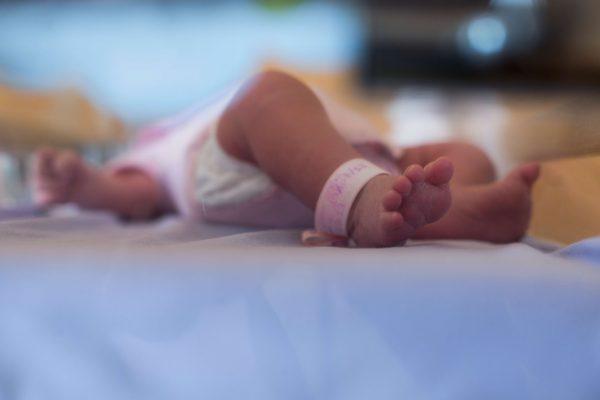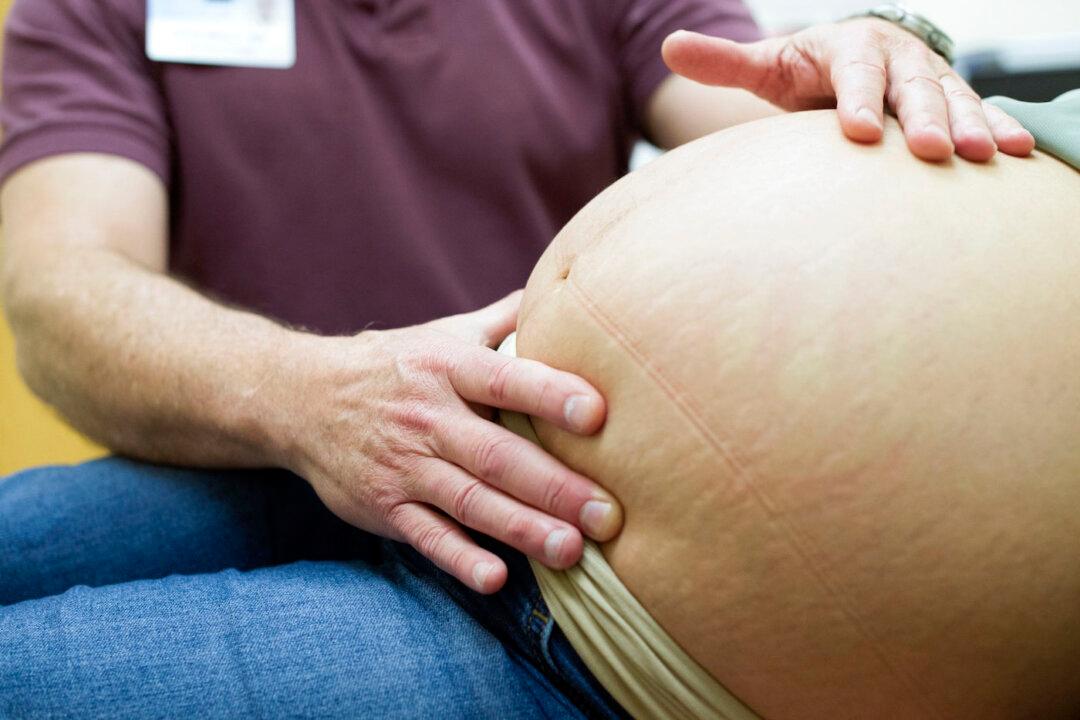Women admitted to ICUs during pregnancy have a 12-times higher rate of having a stillbirth and their babies have a higher risk of needing neonatal care, a study has shown.
Researchers from the University of Edinburgh also found that women face significant risks to their own lives, including a twofold increase in hospital readmission in the six weeks after delivery and a 40-fold increased risk of mortality within a year.
Findings showed that these women were older, more likely to be born in Africa, Asia, or the Middle East, and more likely to live in deprived areas.
Researchers found that these women were “more likely to be obese or severely obese.” They also had a “higher prevalence of comorbidity,” where a person has more than one condition or illness at the same time.
Authors said, “Women who experience critical illness during pregnancy and the puerperium [the six-week period after childbirth] are at higher risk of a range of adverse maternal and perinatal outcomes, including maternal death, stillbirth and hospital readmission, compared with women who are not admitted to critical care.”
40-Times Higher Risk of Death
The report highlighted that women who had been in intensive care had a 40-fold increased risk of death within a year. The most frequent cause of death up to 42 days post-partum was cardiovascular diseases, found in 34.1 percent of fatalities.Another health concern found by Edinburgh researchers was that over half (53.8 percent) of these women in ICU needed medical ventilation.
One-year hospital readmission was also almost three times higher (24.5 percent) among women admitted to ICU compared with non-ICU mothers (8.9 percent).
ICU admissions accounted for women both before and after birth. The most frequent reason for admission was post-pregnancy haemorrhaging (15.5 percent), which is heavier than normal bleeding after birth.
Higher Level of Neonatal Care for Babies
“Women admitted to ICU antepartum or on the date of delivery ... had a higher risk of stillbirth compared with those not admitted to ICU,” the report found. One in 16 women admitted to intensive care had a stillbirth, compared with one in 167 who were not admitted.Babies born to women who had been admitted to ICU were also found to be “more likely” to need a higher level of neonatal care after birth.
“Overall, maternal ICU admission was associated with a 13-fold increase in odds of neonatal critical care admission,” the report said.
Four in ten (40.1 percent) of women who had been in ICU had babies needing special care compared with women who were not in intensive care (7.2 percent). In only 39.2 percent of cases, babies born to ICU mothers did not require any form of critical care, compared with 84 percent of non-ICU mothers.

Nazir Lone, professor of critical care and epidemiology at the University of Edinburgh’s Usher Institute and director of research for the Intensive Care Society, said: “Being admitted to intensive care can be a traumatic experience for many patients and their families.
“When this happens during or shortly after pregnancy, the impact on a woman, her baby, and family can be devastating.
“Our study shows that women admitted to intensive care experience more health problems during the year after pregnancy.”
Mr. Lone advised that “maternity and critical care services need to develop a more joined up and proactive approach to better identify and support women who have ongoing care needs after becoming critically ill.”








